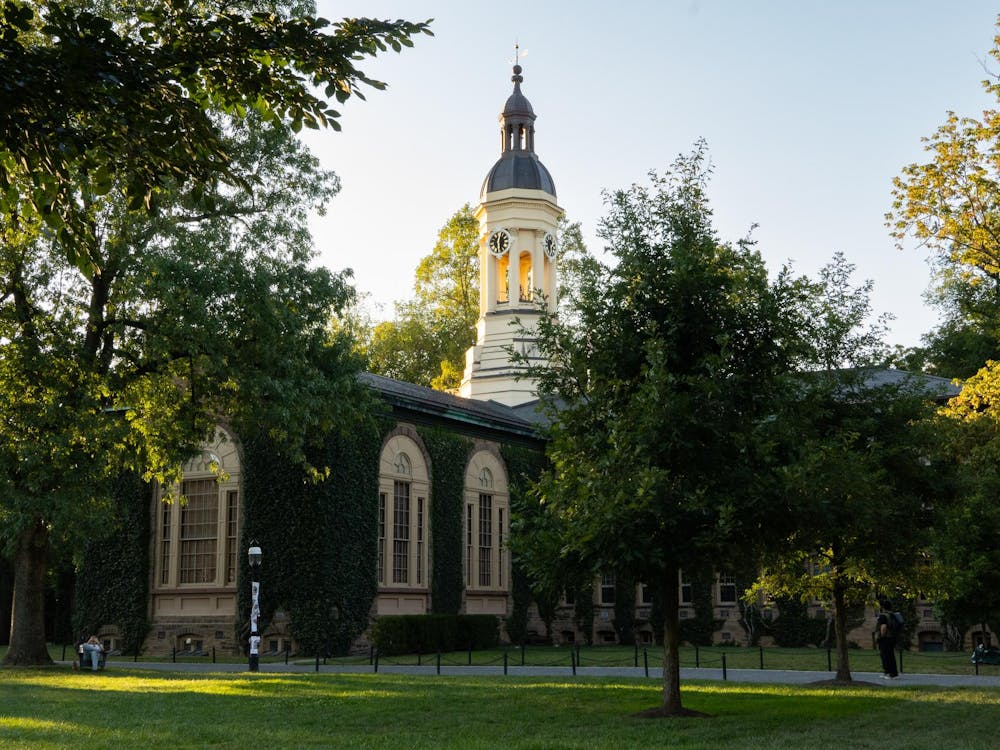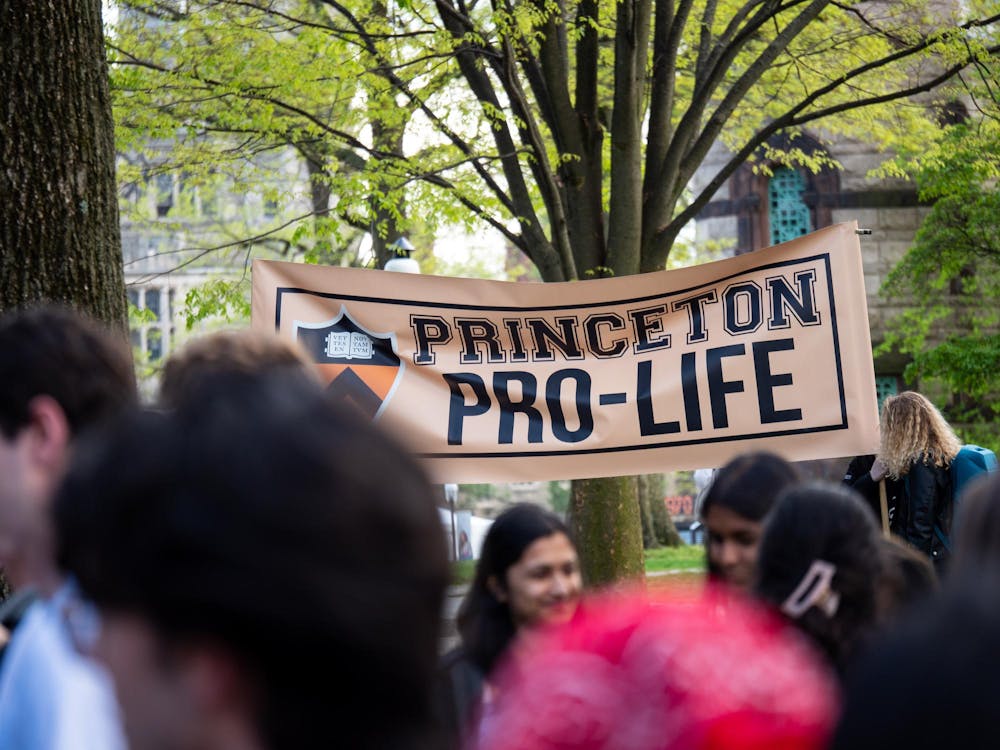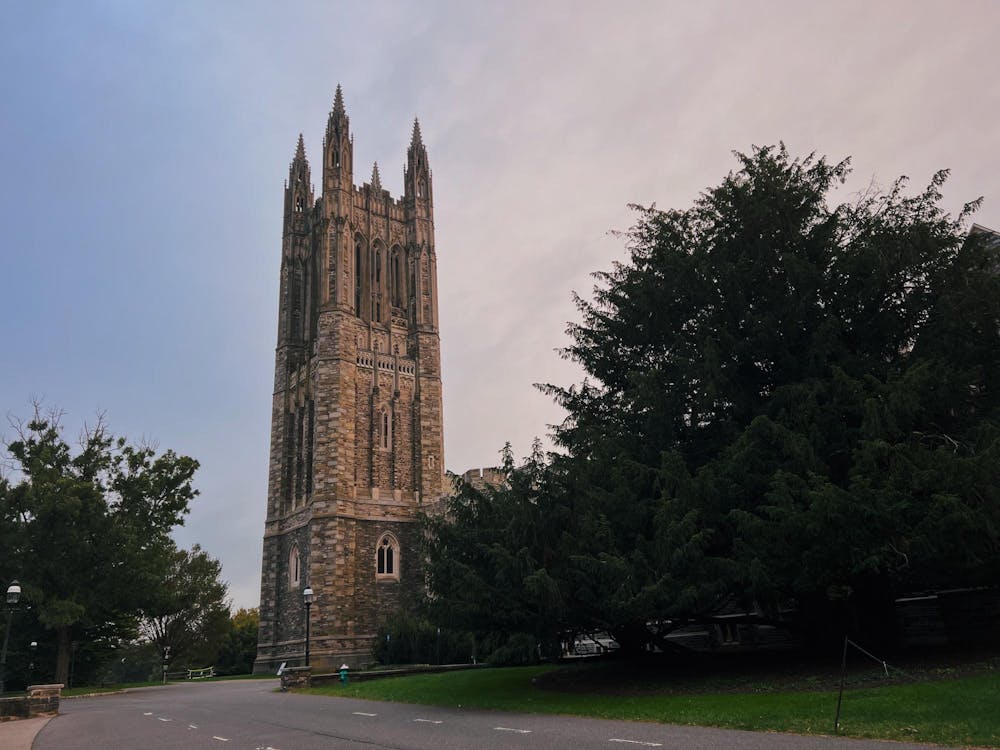Post-revolution turmoil in the Middle East is a natural effect of creating new democracies, not a sign that the Arab Spring was unsuccessful, Tunisian president Moncef Marzouki argued in a lecture about the challenges facing his country’s new democracy on Thursday afternoon.
Observers of the Arab World should be patient before drawing conclusions about the success of the Arab Spring because revolutions take time to effect change, he noted.
“Democracy is a process; it’s continuous experimentation,” Marzouki said in an exclusive interview with The Daily Princetonian before the lecture. “Experimentation is going on everywhere in the Arab world with different paces. In Tunisia, we are trying to do our best to set up this democracy, but it’s not easy at all.”
In the course of his lecture, Marzouki emphasized that the problems Tunisia faces — such as dealing with entrenched government officials and judges loyal to the old regime —are not an effect of the country’s Islamic religious orientation or Arab culture, but rather are problems that any new democracy encounters.
Indeed, he explained, four laws govern the course of revolutions, including Tunisia’s. First, “all revolutions come with a price.” Second, “those who initiated the revolution do not always benefit from it.” Third, “all revolutions give birth to counterrevolution.” And finally “not all revolutions succeed, and most require a lot of time before they achieve their goals.”
He said that it would take decades and decades before the success of the revolution in Tunisia could be assessed accurately.
“We do politics, not miracles,” he said, of politicians’ task in the meantime.
Marzouki also noted key differences between Tunisia and other Arab Spring countries, such as Egypt, that allowed Tunisia’s revolution to unfold in a relatively successful and peaceful fashion. He explained that Tunisia is a small, predominantly middle-class, homogeneous country with a strong civil society.
“The dialogue never stopped; the dialogue is going,” he said of the Tunisian public’s behavior during the revolution. “The political dialogue that stopped in Egypt is going on all the time in Tunisia.”
One challenge that still lies ahead for the Tunisian government is collaboration with parties who promote opposing ideologies, he said.
“We have to work with the opposition,” Marzouki said. “We have to distinguish between the wide spectrum of the opposition and work once again with the moderate part of the opposition.”
In a moment of levity, Marzouki said that his youngest daughter, Nadia Marzouki ’06 had warned him to treat the his audience nicely.

“She told me to be very careful, speak very loudly, don’t be too aggressive with the students,” he said, joking.
Marzouki concluded his lecture by describing his vision for an international constitutional court that could evaluate the constitutions for newly formed democracies. If such a court were to be created, he said, it could model its criteria on those in the Universal Declaration of Human Rights and determine whether new democracies’ plans for the structure of their governments were fit to be implemented.
“Don't expect it during my lifetime, but if mankind would have this instrument to prevent dictatorship in 20 years, in 50 years, you will see it and remember me and say, ‘Hey, he was a good guy,’” Marzouki said, joking.
The Arab Spring movement began in Tunisia in December 2010 after a fruit vendor set himself on fire in protest of the country’s corrupt and oppressive dictatorship. Following the overthrow of long-time president Zine El Abidine Ben Ali, Marzouki returned to Tunisia after several years in exile to work as a human rights activist. He was elected as the republic’s president in December 2011.
Marzouki visited the United States primarily to participate in United Nations meetings on Wednesday and was scheduled to return to his home country on Friday to deal with what he called “a very difficult situation in Tunisia.”








